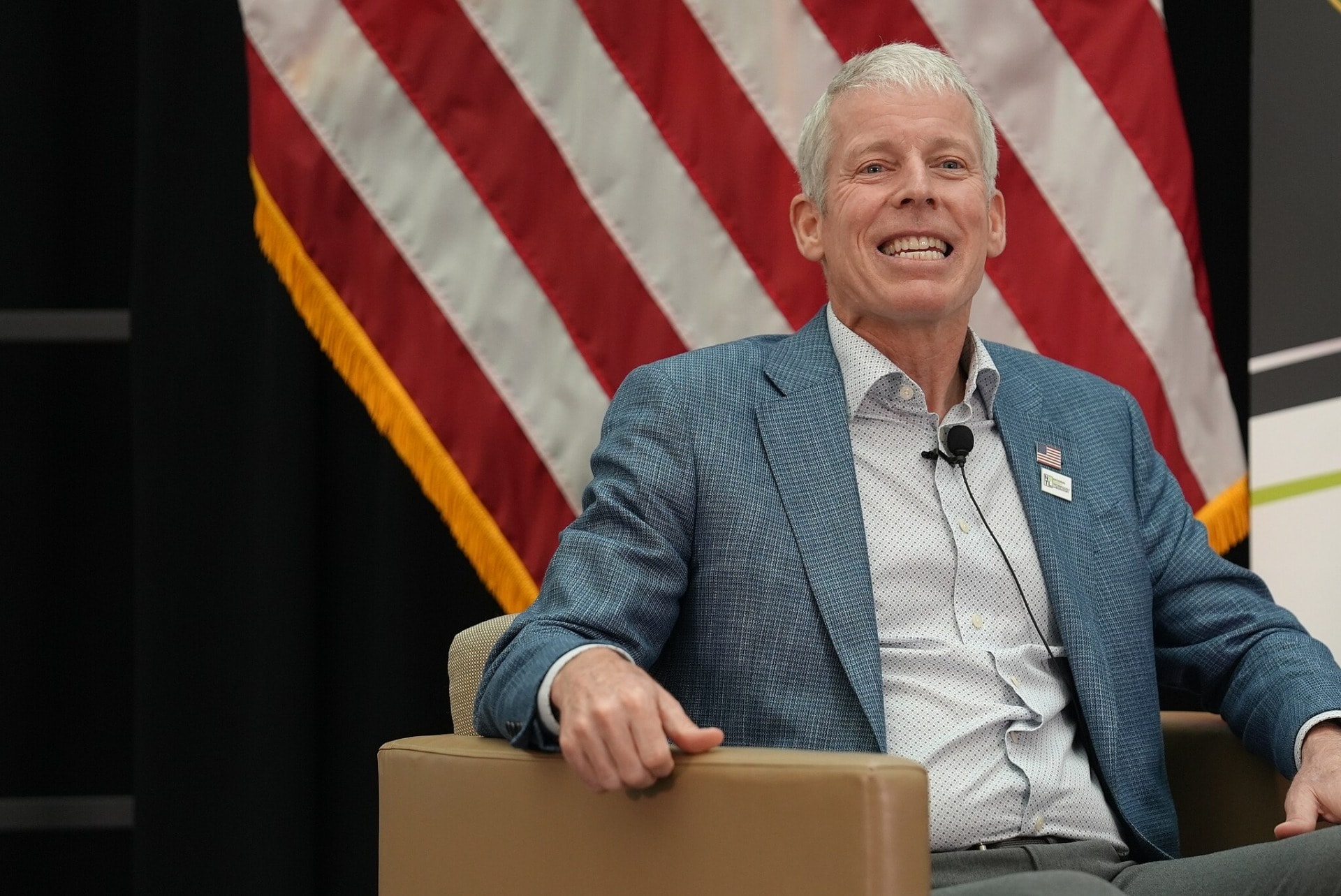In preparation for COP 29, taking place in Azerbaijan, there has been a call for reinforced climate finance commitments in developing countries, in particular ones prone to the impacts of climate exchange, by global agribusiness leaders. For instance, Muni Lourenço, vice president of the Brazilian Agriculture and Livestock Confederation, emphasized the urgency of this issue, showing Brazil’s position ahead of COP 29.
Global agribusiness pushes for climate finance
Lourenço emphasized that developed nations have not yet fulfilled their financial commitments under the Paris Agreement, a crucial shortfall for sustainability in agriculture. “The $100 billion annual climate finance goal set for 2020 has yet to be met,” he noted. This shortfall, according to him, weakens efforts to implement Nationally Determined Contributions (NDCs) aimed at addressing both mitigation and adaptation in the global south.
Developing countries are projected to need approximately $5.9 trillion by 2030 to meet these climate goals. “Finance decisions at COP 29 are pivotal,” Lourenço stated, underscoring the necessity for a new quantified collective target that includes mitigation, adaptation, technology transfer, and capacity-building for developing nations.
Agriculture, a key sector in the global fight against climate change, requires technological innovations to adapt. Lourenço advocated for the adoption of efficient agricultural technologies and stressed the importance of adaptation indicators that account for the agricultural sector’s unique challenges, especially in tropical countries like Brazil.
Related Articles: COP28: Our Biggest Failure in 2023 | Seeds of Change: The Revolution of Regenerative Agriculture
Adopting sustainable practices in agriculture
For small and medium enterprises (SMEs) which operate in the agriculture sector or “agribusiness”, global developments such as climate change purely underscore the importance of sustainable practices which are in line with international standards. Tracking emissions, improving carbon capture, and fostering sustainability in agriculture are becoming essential to success in a changing market.
ESG tools can help SMEs progress in their ESG performance for a more sustainable future, helping with things such as compliance with regulations and reporting.
Lourenço also mentioned the Sharm El Sheikh working group’s efforts to centralize climate finance projects related to agriculture and food security, proposing the development of a website to share experiences and project outcomes. He warned, however, that countries risk diverting from core negotiations of the Paris Agreement by signing too many new initiatives without concrete follow-through.
Looking ahead, the next COP 30 in Brazil’s Pará region will focus on Amazon preservation and sustainable development. The CNA, in line with these priorities, continues to push for global action that recognizes the critical role of agribusiness climate action in creating a sustainable future.
For agribusinesses and SMEs in the EU, leveraging ESG tools such as Klimado to measure and report on sustainability efforts can help you stay ahead in this evolving landscape.
Agriculture’s future hinges on effective climate action, and with the right support and tools, companies can make a real difference while thriving in the marketplace.
***
This article is referenced from Agribusiness urges climate actions in poorer countries by Valor International.
Editor’s Note: The opinions expressed here by the authors are their own, not those of impakter.com — Cover Photo Credit: Leon McGregor














